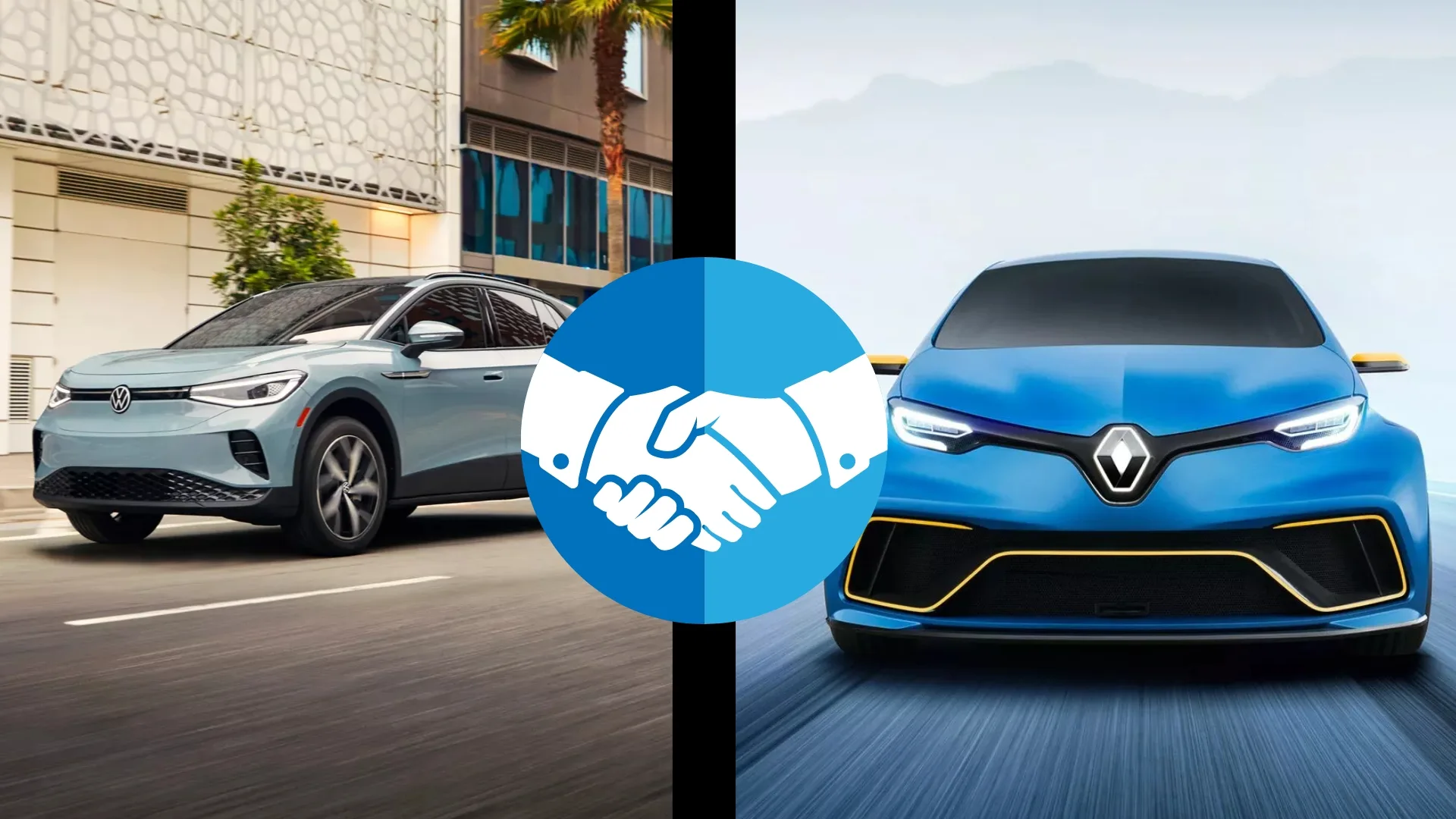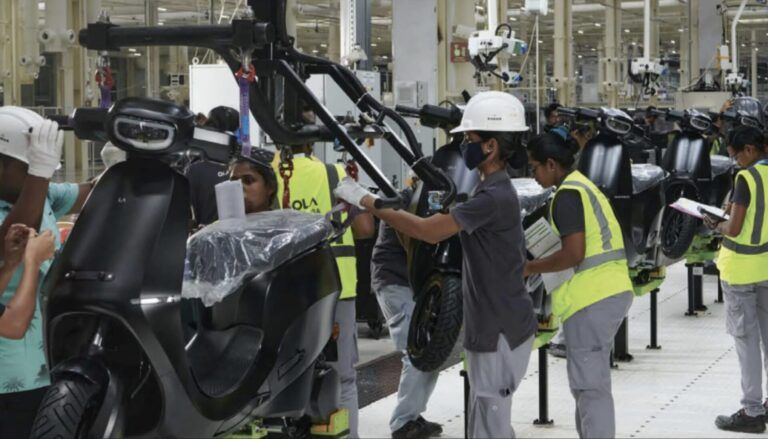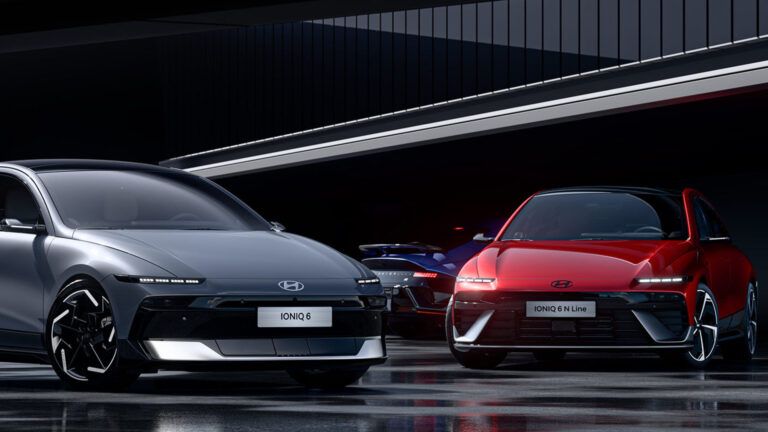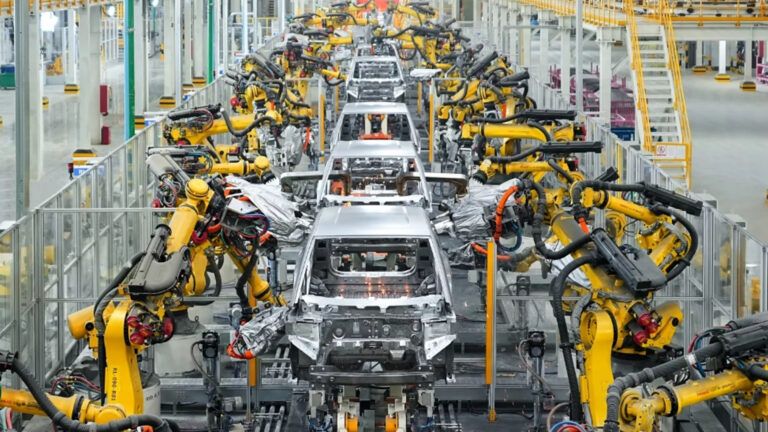According to a recent report in the German journal Handelsblatt, the Volkswagen Group and Renault may collaborate to produce an entry-level electric vehicle (EV). This agreement, which is still in the early stages and yet to be finalized, might result in the manufacturing of 2 to 2.5 lakh automobiles each year. Volkswagen and Renault have both announced ambitions to launch inexpensive electric vehicles, with Volkswagen aiming for the ID 1 and Renault seeing the Twingo as part of their electric car portfolio.
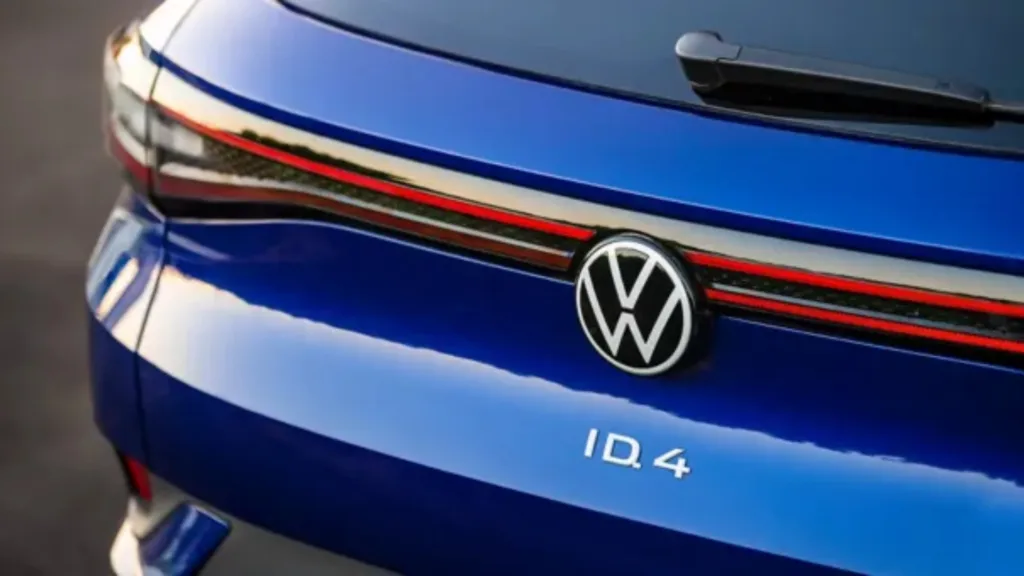
Volkswagen, led by Chief Financial Officer Arno Antlitz, has been actively pursuing the development of an EV costing €20,000 (roughly Rs 18 lakh). The VW ID 1 project was originally intended to use an original architecture, with Skoda playing a key part in its development. However, the project’s future became questionable when Volkswagen Group CEO Oliver Blume acknowledged the prospect of delivering an entry-level EV in the later part of the decade without making a final decision on the project. The business is now conducting a thorough cost-cutting program led by brand chief Thomas Schafer, with a three-year goal of saving €10 billion (about Rs 87,000 crore) through measures including job cuts.
Meanwhile, Renault is preparing to launch the next-generation Twingo EV by 2026, to position it as an inexpensive city-oriented electric car primarily for the European market. Renault lays primary emphasis on an efficiency of 6.2 miles per kWh. Renault intends to employ its Ampr Small platform (previously CMF-BEV) to keep prices down, benefiting from economies of scale shared with forthcoming products such as the Renault 5, Renault 4, and Nissan Micra EV.
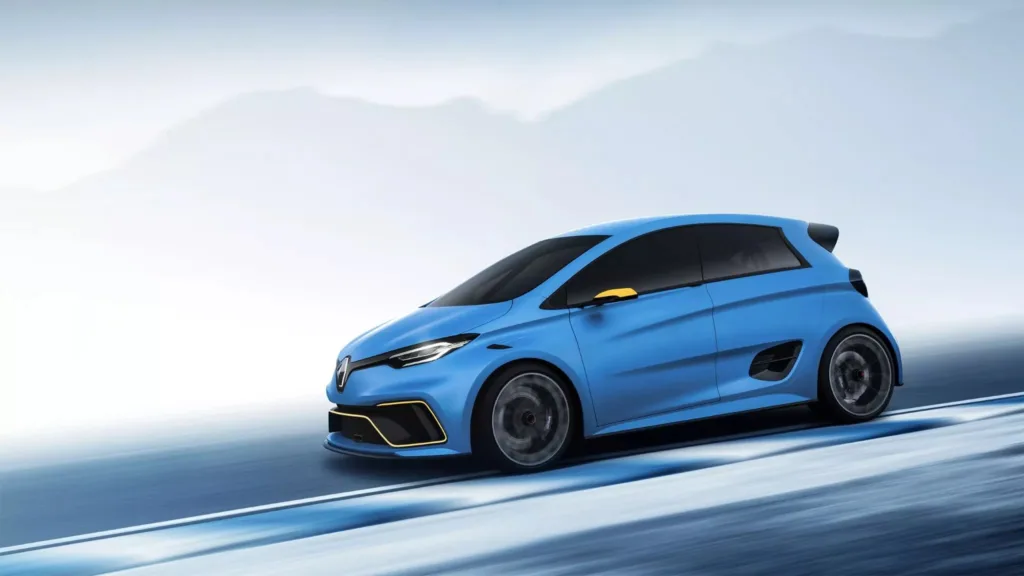
Renault Group CEO Luca de Meo hinted at future cooperation with external partners to aid in the development of the Twingo. He emphasized the vehicle’s ability to attract purchasers who could be interested in Chinese electric vehicles by providing technology and infotainment targeted to tech-savvy consumers.
What to expect
To summarise, Volkswagen and Renault’s potential partnership to create entry-level EVs is a huge step towards cheap electric mobility. Both businesses intend to enter the expanding market for low-cost electric automobiles. While Volkswagen’s ID 1 project is in doubt, Renault’s Twingo EV looks to be on track for production, to revolutionize the European market with its cost-effective and efficient approach. The outcome of these conversations and prospective collaborations might reshape the landscape for inexpensive electric vehicles, giving Indian customers additional alternatives in the EV category.

